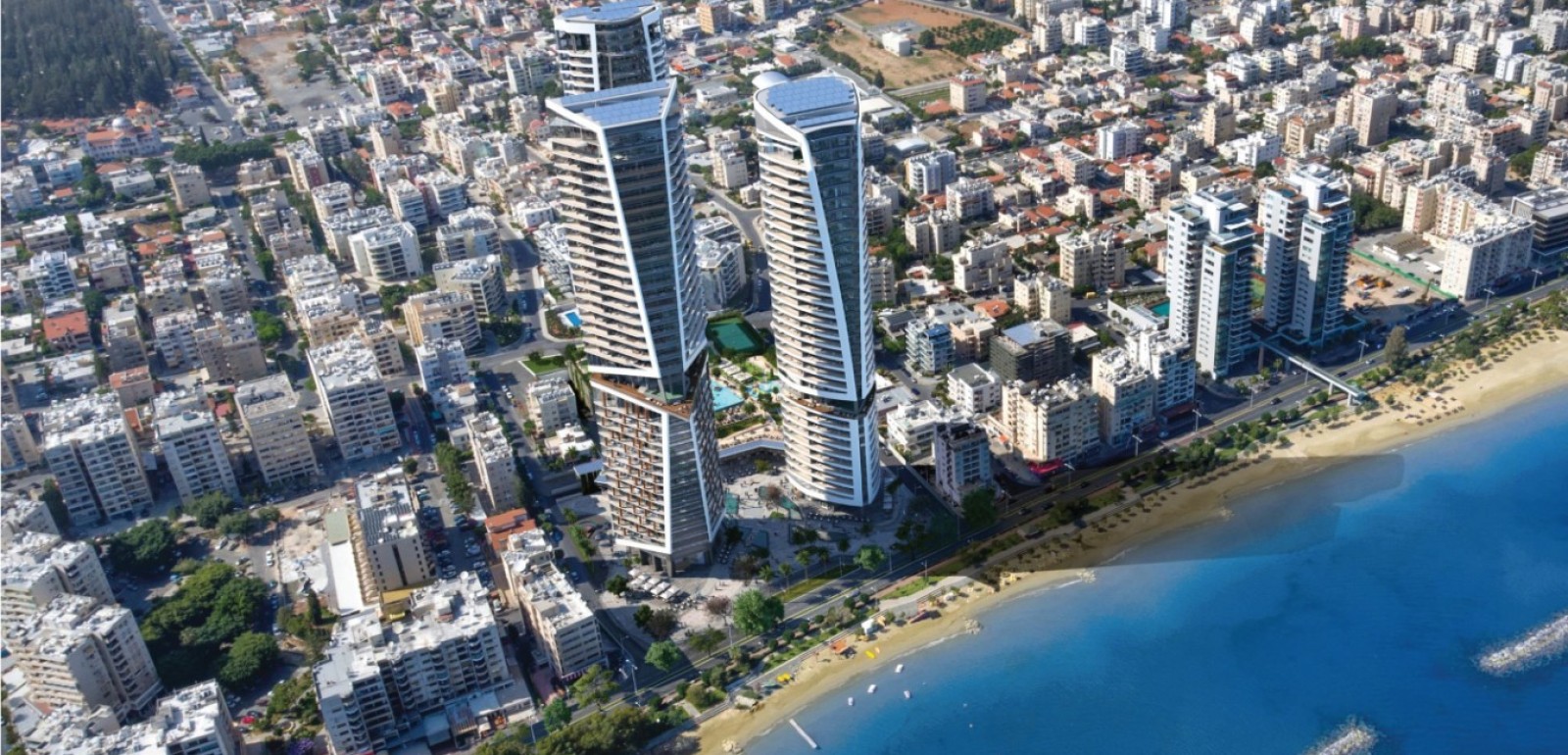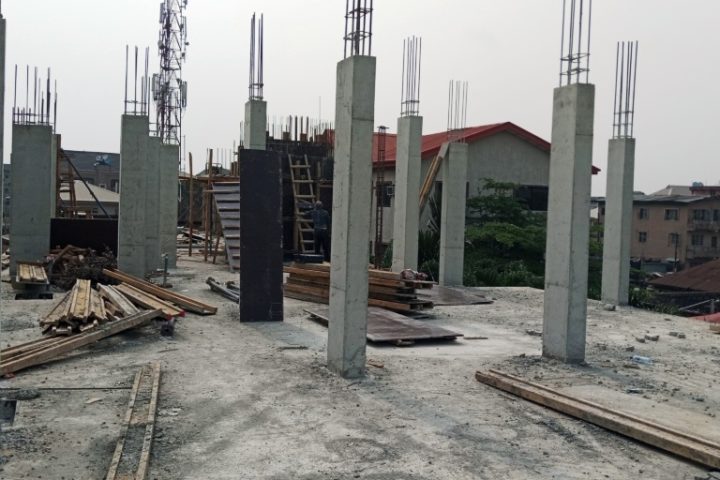Developers focussed on meeting heightened housing demand
The construction sector in Cyprus is being driven by a rising demand for apartments from both local and international buyers, according to developers who are adapting to this evolving landscape.
Stelios Gavriel, the Secretary of the Federation of Cyprus Building Contractors Associations (OSEOK), told the Financial Mirror that developers are taking more and more residential building construction projects, as demand for apartments takes off.
“A growing number of people are opting for an apartment, breaking with Cypriot tradition of owning a house on the ground. Nicosia had the biggest demand for apartments, as Nicosians were more likely to opt for an apartment than their fellow citizens in coastal towns,” said Gavriel.
However, buyers, even those in areas were traditionally people opted for a house, are now turning to apartments.
“This is directly linked to recent developments which have pushed up construction costs, and the hike of interest rates. We have seen a turn to apartments across the island,” noted OSEOK’s secretary.
Gavriel said that developers expect the trend in favour of apartments to pick up pace in 2024 and the following years, noting that this is also inferred from recent surveys released by the Statistical Service Cystat.
Cyprus has seen a 6.9% reduction in the number of building permits issued during the first ten months of 2023, compared to the same period the previous year, according to a report by the statistical service.
“However, this unexpected trend, emerges amidst concurrent growth in the total value and area covered by these permits, as well as the number of residential units planned for construction,” he pointed out.
During the period January to October 2023, a total of 5,906 building permits were issued compared to 6,347 in the corresponding period of the previous year, a decrease of 6.9%. The total value of these permits increased by 17% and the total area by 3.6%.
The number of dwelling units recorded an overall increase of 10.3%, however, permits for detached and semidetached houses have dropped by 9.6% and 4%, respectively.
The number of permits issued for non-residential buildings has dropped by 14.2%, while permits for civil engineering projects has decreased by 19%.
On an annual basis, all cities show a decrease in the area of licensed projects, except for Nicosia and Limassol.
Production up 8%
At the same time, Cystat’s Index for Production in Construction during the third quarter of 2023 reached 186,29 units (base year2015=100,00), recording an increase of 7.9% over the third quarter of 2022.
By type of project, an increase of 9.4% was observed for buildings and a marginal decrease of 0.3% for civil engineering projects in the third quarter of 2023, compared to the same quarter of 2022.
“These two surveys give us a clear picture. Although the number of overall building permits is dropping, the area and value of projects are increasing, exactly because of demand for new apartments,” he explained.
Meanwhile, a significant decrease was observed in 2023 in the granting of new housing loans, amounting to approximately 20% on an annual basis, according to data released by the Central Bank.
Specifically, for the period January to September 2023, new loans amounted to EUR 746.2 mln compared to EUR 932.4 mln during the same period in 2022.
The upward trend in property prices continues.
According to the Central Bank, the reduction in demand for new housing loans was expected, following the unified restrictive monetary policy of the ECB, which has led to an increase in housing loan interest rates, thereby raising the borrowing costs for existing and potential new customers of domestic financial institutions.
Based on the latest monetary and financial statistics from the Central Bank, the average interest rate for housing loans reached 4.4% in the third quarter of 2023, compared to 4.3% in the second quarter of 2023 and 2.7% during the corresponding period in 2022.
“It is true that Cypriots are being priced out, as the influx of Ukrainian and Israelis has pushed housing prices upwards, with the cost of borrowing is also hiking. However, we are confident that a set of incentives for the construction of affordable housing units, will be evening things out a bit,” added Gavriel.
At the end of 2023, the council of ministers gave the green light to new construction incentives proposed by the Interior Ministry.
The objective is to make approximately 800 residential units available in the market at an affordable price for both purchase and rental within the next three years.
As part of a strategic initiative to stimulate affordable housing development, the government has introduced a groundbreaking housing policy.
Landowners with a building block exceeding 1,000 sq.m. and a building coefficient above 100% now have access to a lucrative 45% additional building factor. In contrast, plots below 1,000 sq.m. will see a 25% increase in property development.
These incentives are specifically tailored for developers, with the scheme aiming to promote affordable housing through additional building coefficient.
Out of the 45% boost, 25% is earmarked for affordable home construction, while the remaining 20% is left to the discretion of the developer.










